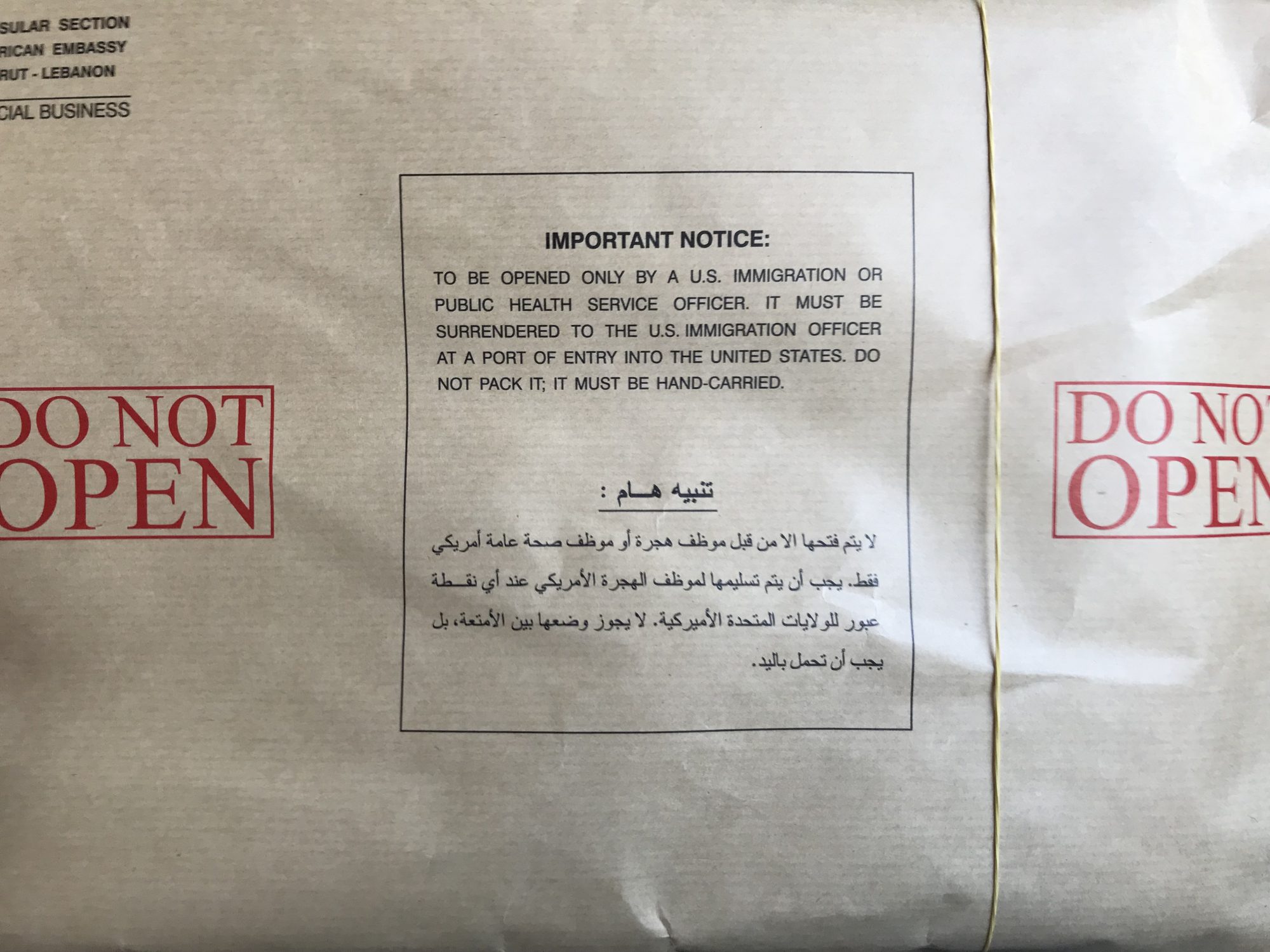Over the years journeying with Christ, I’ve found myself returning again and again to the same sort of affect when searching for God: a sense of feeling God’s presence most deeply in the margins and fringes—the uncanny things that reach out and grab ya, as the Halloweentide song goes. My theological reflections have almost become predictable; sooner or later, I’ll be using the word “strange”—and this Advent reflection is no different.
What a strange line we have in this already bizarre Gospel telling by Matthew: “let the reader understand.” It’s the only interjection of its kind in the whole New Testament, and coming out of an ancient oral culture, it seems to be directed specifically at the reader charged with sharing this text with others. According to one Bible commentator, this “parenthesis reads…like a dark hint, a clue to Christian eyes but an enigma to others.”
But a hint to what? What is the Christian supposed to understand?
Today, siblings in Christ, I take on the role of the one who shares, and I want to suggest that the first thing we’re meant to understand is that God—our very ground of being—is found through the little facts we tend to put in parentheses: the fact that God is written down and read back, the fact that God comes to us as stories entrusted to imperfect vessels like you and me and Saint Mathew—swaddled in metaphors, rocked back and forth through interpretation. God does not barge into the world like a SWAT team—God arrives as a child and becomes intimately known to us through stories like Christmas.
I want to suggest that this brief aside holds the key to the whole meaning of the Incarnation: it is meant to be mediated by our flesh and bodies, through reflection and understanding, just as the whole of salvation was mediated through Mary’s womb and child: the very stuff of this world.
And what this means for us today is that our most significant spiritual pilgrimages are both inward and transpersonal, spanning the gap between word and sense, bridging our present with God’s salvation story.
There is some specific apocalyptic meaning to this Gospel text, but what I find most striking in Matthew’s parenthetical is the hint at Christianity’s biggest secret: this whole walk with Christ is meant to be a little apocalypse—a progressive revelation of God’s Spirit and Word to God’s people through God’s people.
Let the reader understand: we are Advent people because we are Revelation people. We herald the coming of Christ because it is in our reading and wrestling, preaching and teaching—in our building of Christian community—that Christ returns.
Published in The Key, parish newsletter of St. Peter’s Seattle, December 12, 2022
